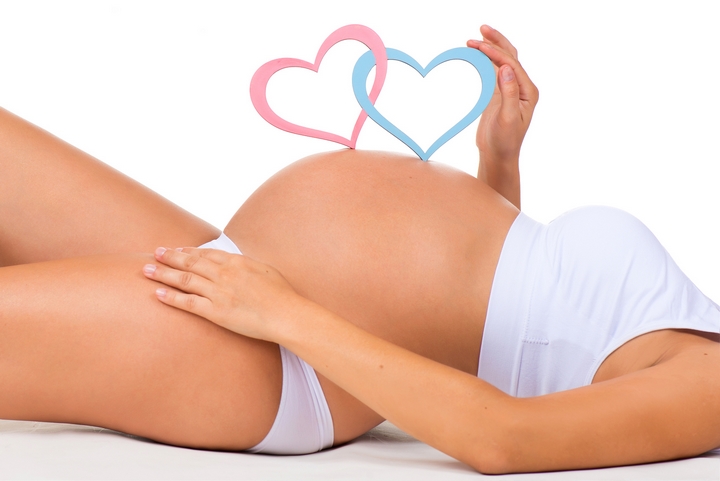Finding out that you are carrying another life inside of you can truly be a life-changing experience. It may be overwhelming, joyous, scary, or confusing for many, depending on the individual and their respective situations.
During this time, one’s emotions may be at an all-time high. Coping with or processing the news looks different for different individuals. Despite fluctuating feelings, taking certain steps after discovering the news is crucial. This is to ensure a healthy pregnancy and prepare for the journey ahead so that it does not catch you off guard!
So what should you do once you find out you are pregnant? This question may be causing you some confusion and stress, but with our help, you can bid your worries goodbye! After discovering you’re pregnant, continue reading our suggestions on what you should do.
1. Double-check the test

When you see that positive result, you may experience a rush of emotions ranging from excitement to disbelief. While a home pregnancy test is often accurate, confirming the pregnancy with a healthcare professional is essential. This confirmation brings reassurance and sets the stage for proper prenatal care and planning.
Scheduling an appointment with your doctor is the next important step to confirming your pregnancy status. They have the expertise and tools to provide accurate and official confirmation of your pregnancy. This may be performed through a blood test or an ultrasound.
2. Paternity tests

In some cases, you may need or desire to determine who the biological father of your child is. Paternity tests provide a scientific means to establish biological paternity and may be conducted using DNA analysis by comparing the child’s genetic material with that of the potential father.
Various paternity tests are available, such as prenatal and postnatal tests.
A prenatal paternity test is performed during pregnancy and typically involve collecting a sample of the mother’s blood or tissue from the placenta containing fetal DNA. Postnatal tests, on the other hand, are conducted after the child is born and involve collecting a sample of DNA from both the child and the potential father, usually through a cheek swab or a blood sample.
If you want to figure out who the biological father is early on, after discovering you are pregnant, opting for the prenatal test may help ease your mind and queries.
3. Educate yourself

Once you have confirmed your pregnancy, it is highly beneficial to educate yourself on matters of pregnancy and maternity so you can be well-informed and prepared throughout.
There are plenty of educational books and online resources for you to go through that will provide you with a wealth of information. Look for reputable sources that provide evidence-based information and cover a wide range of topics, such as prenatal development, changes in your body, nutrition, exercise, common discomforts, and tips for a healthy pregnancy.
Additionally, you could consider attending prenatal classes, which provide valuable guidance on what expecting parents should be doing. These classes are typically conducted by experienced childbirth educators and cover various topics, including prenatal nutrition, labour and delivery, breathing techniques, pain management options, breastfeeding, newborn care, and postpartum recovery.
Understanding the stages of pregnancy and how to cope with them will allow you to be aware of what to expect when you are expecting!
4. Prenatal care

Another important step after finding out you are pregnant is to start your prenatal care. This is crucial for both you and the baby. Regular check-ups throughout pregnancy will monitor your health and the baby’s growth, identify potential risks or complications, and offer guidance on maintaining a healthy lifestyle.
Don’t be afraid to ask any questions that you may have regarding your pregnancy, as the more you are educated and aware, the more at ease you will be and the better the process will be.
5. Make lifestyle adjustments

One aspect of pregnancy that many may find difficult is making certain lifestyle adjustments to ensure your and your baby’s health. However, it is a highly essential step that must be taken.
Some adjustments that should be made would be to quit smoking, drinking, drug use, and the intake of any other harmful substances. Eating a balanced diet is also a great move to make. You can increase your intake of nutritious foods such as fruits, vegetables, whole grains, proteins, and dairy products. Stay hydrated and limit your caffeine intake.
You may also incorporate safe exercises into your routine. Engage in low-impact exercises approved by your healthcare provider. Staying active can improve your overall well-being and may ease some pregnancy discomfort.
Lastly, ensure enough rest since pregnancy can be physically and emotionally demanding. Seek maternity leave from your workplace and stay comfortable, especially during your last trimester.




